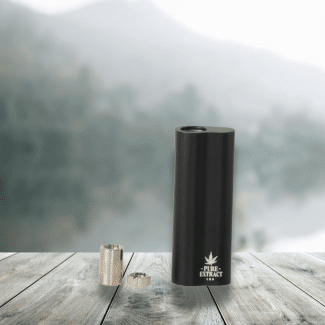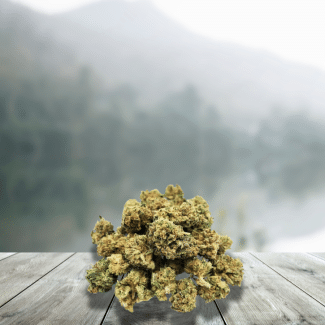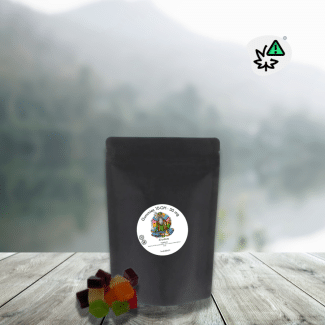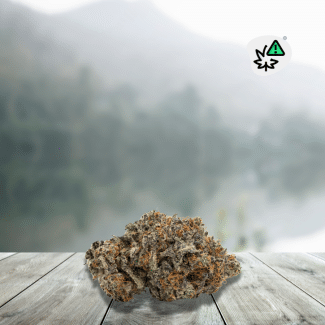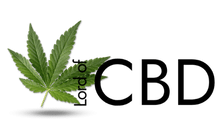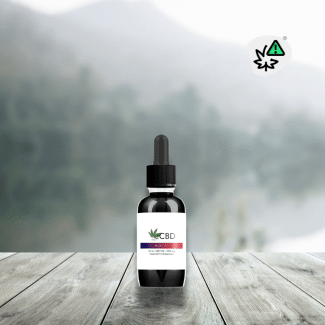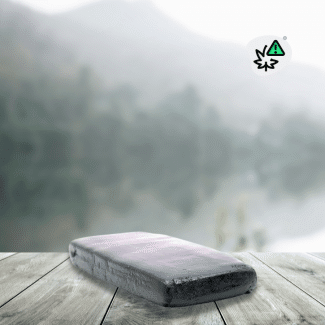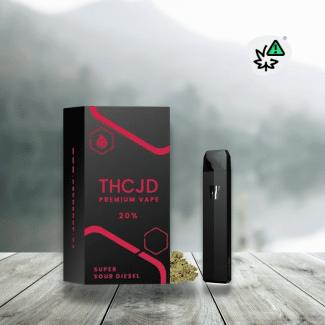THCJD, or tetrahydrocannabidiol, represents an intriguing advancement in the world of semi-synthetic cannabinoids, now accessible in France via online purchase.
Produced by isomerization of CBD, this compound stands out for its increased potency linked to its long alkyl chain, offering pronounced interactions with the endocannabinoid system and being able to induce feelings of euphoria and relaxation.
In the absence of in-depth studies, knowledge of its effects and potential side effects comes mainly from user feedback.
In France, the acquisition of THCJD products, including vapes, gums, and tinctures, is easily done online, promising an intensified user experience.
However, caution is required, as the regulations surrounding this cannabinoid are constantly evolving. Do not drive after use.
⚠️ Important information: Following the ANSM announcement, there will be no restocking of this molecule. BAN FROM JUNE 3.
